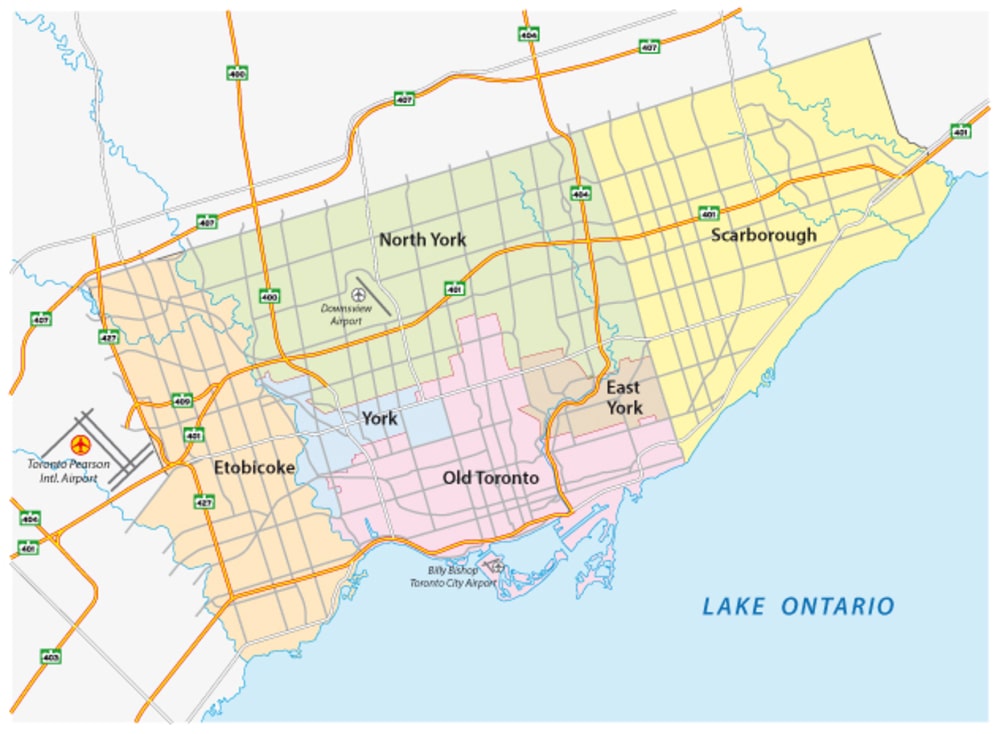Are you searching for ways to increase the value of your beloved abode? If so, we’ve got you covered.
Whether you are planning to sell soon or just want to enhance your investment, these 10 simple and effective strategies will help you boost the value of your home. Let’s begin!
10 Proven Ways to Add Value to Your Home
1) Improve Your Curb Appeal
First impressions matter! One expert strategy to enhance your home’s curb area is to maintain a well-kept lawn, trim the bushes, and add a fresh coat of paint to the front door.
A welcoming exterior not only creates positive vibes but it also instantly makes your home more appealing.
2) Add a Fresh Coat of Paint
A new paint job works wonders for both the interior and exterior. Stick to neutral colors to appeal to a wider audience and create a clean, modern look. Fresh paint gives the impression of a well-maintained and updated home.
3) Revamp Your Kitchen
They say the kitchen is the heart of the home, and potential buyers certainly pay attention to it. Consider updating your kitchen with modern appliances, new countertops, and stylish backsplash. Even small changes can make a big difference in perceived value.
4) Upgrade Your Bathroom
It is not enough that the bathroom is clean. Swap out old faucets, install new lighting, and update fixtures to give your bathroom a fresh and inviting feel.
A minor bathroom upgrade can bring major returns. We emphasize again, do not overlook the bathroom!
5) Make Your Home More Energy Efficient
Are you looking for buyers who would not mind paying a little extra or a premium for your property? How about targeting the environmentally conscious customer?
Incorporate energy-efficient features into your home that would help future owners save up on utility bills. Consider installing LED lighting, a programmable thermostat, and energy-efficient windows. Such upgrades demonstrate long-term value.
6) Give Your Flooring a Makeover
Replace worn-out carpets with hardwood or laminate flooring. These options are not only more durable but also add a touch of elegance to your home.
Prospective buyers often prefer homes with low-maintenance and aesthetically pleasing flooring.
7) Declutter and Organize
A clutter-free home feels more spacious and inviting. Take some time to declutter each room, organize closets, and clear countertops. This simple step costs nothing but can significantly enhance your home’s appeal.
8) Beautify Your Landscape
A well-landscaped yard can be a game-changer. Plant some colorful flowers, lay down fresh mulch, and create a cozy outdoor seating area. A beautiful backyard extends your living space and adds to the overall appeal.
9) Add a Deck or Patio
Outdoor living spaces are in demand. If you have the space, consider adding a deck or patio where potential buyers can imagine themselves relaxing or hosting gatherings. This addition provides both functional and aesthetic value.
10) Add Relevant Finishing Touches
Small details can leave a lasting impact. Replace old doorknobs, update light fixtures, and ensure all hardware is in good condition. These finishing touches may seem minor, but they collectively contribute to a polished and well-maintained home.
Conclusion
By following these 10 simple strategies, you are well on your way to boosting your home’s value.
Remember, the goal is not just about making your home look expensive, but about creating an attractive and comfortable space that appeals to potential buyers.
Each step you take, no matter how small, can make a difference. So go ahead, take that paintbrush, plant those flowers, and transform your home into a valuable asset that you can be proud of.
Stay tuned to our blog for more updates on Homes for Sale near Toronto. Remember, whether you’re buying or selling, Team Arora is here to guide you every step of the way.







